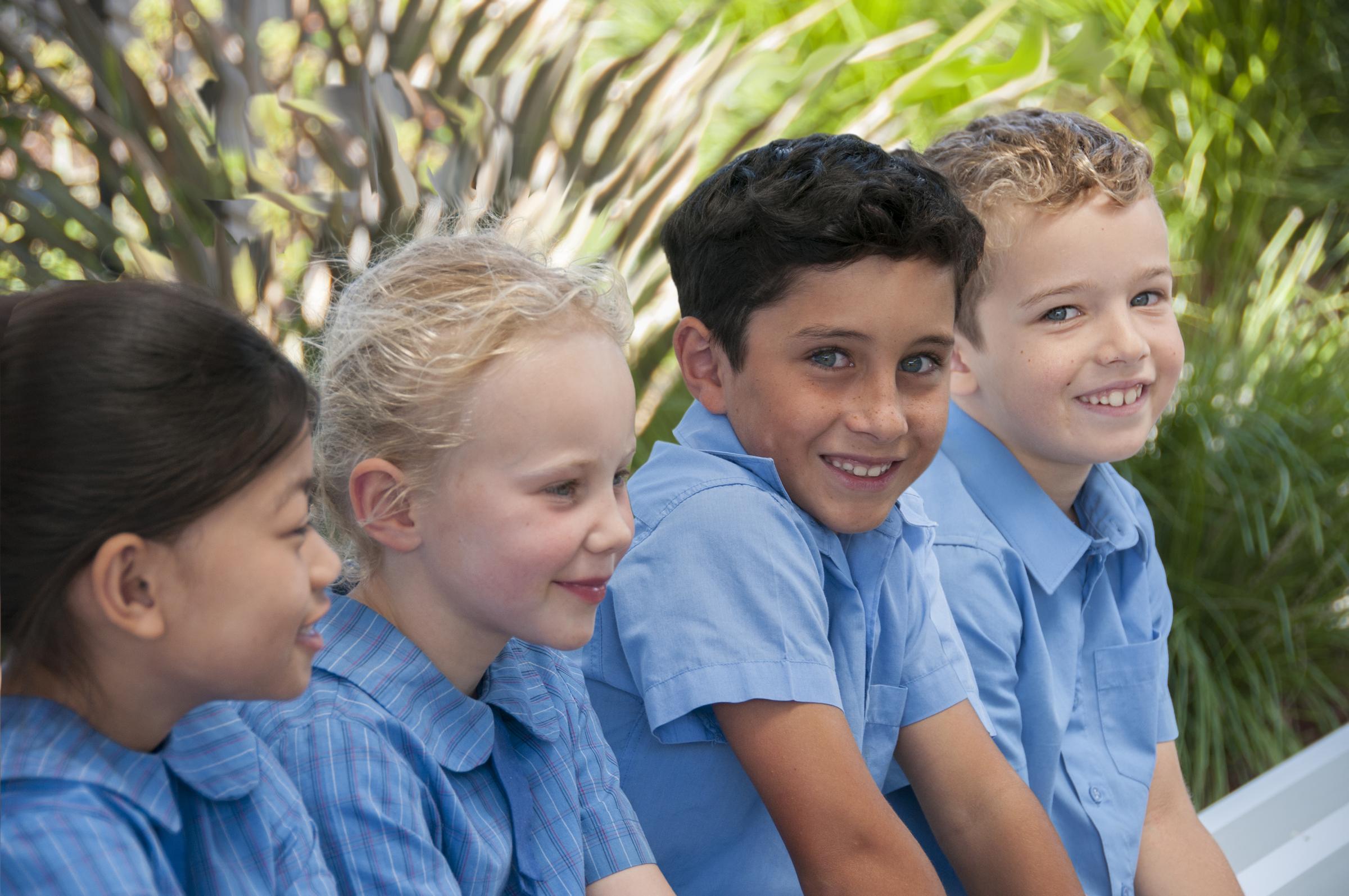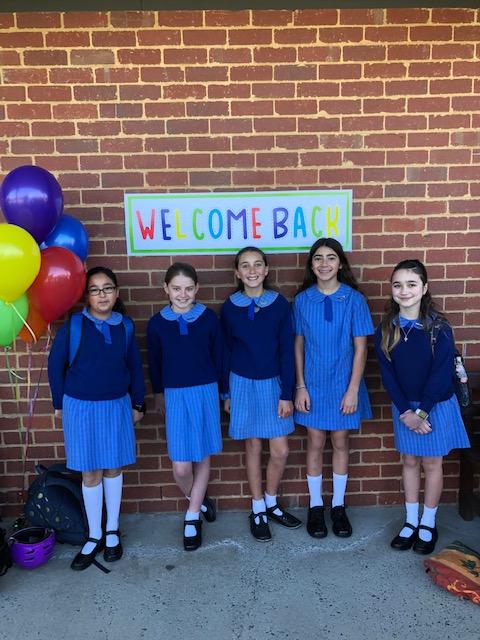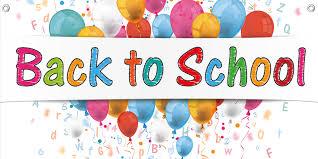Student Well-being

Spotlight: Year 5/6 Community
Topic: Gender and Identity : Born or Made
For our Wellbeing Unit this term, our focus was on Gender and Identity. Using the Respectful Relationships program our activities were designed to make students challenge the stereotypes and beliefs about gender norms and how they are socially constructed.
The video, “Run Like A Girl,” sparked the conversation about how we respond to young people based on their gender - assuming all girls are weak and submissive, and assuming all boys are aggressive and strong. Click on this link to watch the video!
https://www.youtube.com/watch?v=qtDMyGjYlMg
Here’s how the students responded to the video:
- I do think the term “like a girl” is insulting because it means like they can’t do it. I know that many girls are powerful and can do amazing things and being a girl doesn’t change that.
- The term “like a girl” is seen to be an offensive stereotype. The video has shown that most of the boys assume girls are weak and not as good as males at doing things.
- The second half of the video shows that girls do not see themselves as weak as the boys make them out to be
- After watching this clip, males are made to feel like they need to be strong all the time, but we are allowed to cry too.
In the lessons to follow, students will use data and statistics to identify the ways in which gender norms, stigma and discrimination operate to limit the opportunities some people have to participate fully and equally in life. The Year 5/6 Community has been highly engaged in the lessons both online and in class!
Topic: Returning to School
On Monday, 12th October, the long awaited return to school arrived. The buzz in the Year 5/6 Community was great, with students itching to get straight back into things. Monday was an awesome opportunity for students to reconnect with their peers and teachers and settle back into the normal school day.
Students discussed their experience with our online learning program and shared their feelings around the return to school.
Some of the responses were as follows:
| POSITIVES | INTERESTING |
|
|
Born to Shine Wellbeing Program
If your child has been selected to take part in our new weekly wellbeing program 'Born to Shine', you will be notified within the next week!
I can't wait to begin these sessions with the chosen students!
Topic: Back to School Routines
Returning to school after our long Remote Learning chapter is a time of excitement and nervousness too. Your children may be overly excited or even a little bit worried about being back with their peers, seeing their teachers again, getting out of the house, having long school days and homework starting up again. Returning to school is always busy and stressful.
Here are nine tips that will help to keep organized, create routines and support children to be their best at school.
1. Use a calendar
Your children will be better prepared for school when they can visually see important school dates, such as specialist days, Library, Book Week etc.
2. Bedtime routines
Children will need some time to get back to the sleeping pattern that they used to have. It is super important that they get an adequate amount of sleep so they are ready for learning each day.
Children aged three to six need 10-12 hours each night; seven - 12 years olds need 10-11 hours; and teenagers need around eight to nine hours! To get them ready for sleep, ensure that their screen time has ended at least one hour before bedtime.
3. Back-to-school shopping
Choosing their own school supplies, clothes, a backpack or lunchboxes will engage children to take part in the activity and may increase their excitement about being back at school and using all the new things.
4. Make the unknown environment more familiar
If your children are worried about the fact that they will start school in a new environment such as having a new classroom or being taught by a new teacher ask the school if you can go on a tour. Let your child see the new classroom and ask if it is possible to meet the new teachers. Going on a tour will help the kids to become more familiar with the new place. It is also a good idea to have a conversation with them about all the positive aspects at school such as their favorite subject and the activities they love at school.
5. Prepare lunchboxes and keep them easy
Studies show that pupils who have breakfast function better at school and have more energy. In advance, ask your children about healthy food that they like to take to school. Maybe your child likes particular fruits or vegetables which you can pack as well as a healthy sandwich.
6. Find a ‘go-to-school friend’
If your child walks to school and there are other children in the neighborhood who go to the same school talk to the parents and ask them if the kids can walk together. This way the kids will have more fun on their way to school and may share their worries and help each other to feel more comfortable about being back at school.
7. Talk about homework
Children who understand the topics at school properly have more fun at school. Usually, good quality homework is key to understand topics and achieve good grades. Review the environment where your child does his or her homework: Is it quiet enough? Is there enough space? Besides the environment, it is also important to think about activities and Internet or TV usage. Do your children have enough time to do their homework and are they not distracted?
8. Deal with expectations
Older children will already have set themselves expectations they want to fulfill at school. Therefore, it is helpful to ask them what they expect about being back at school. It can help to read a story about children who go to school in order to start the conversation and to make it easier for kids to talk about their feelings. It is also important to ask kids if they have any questions or are unsure about anything. Let them know that other kids will be nervous as well and that teachers will help them to feel more comfortable.
9. Show them that you think about them
When getting lunch or a snack ready for school include a little note in the lunchbox to show your kids that you care and that you think about them during the day even if they are away.
Haylea Anderson
Student Wellbeing Leader



